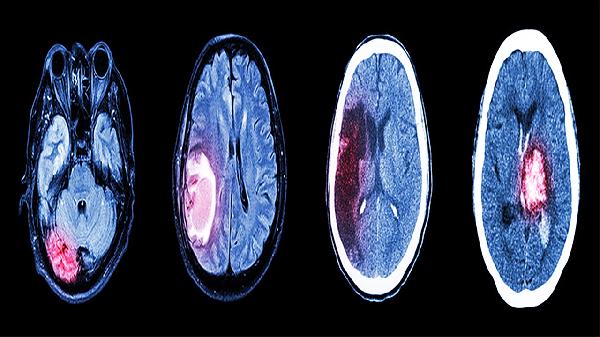Modern psychology reveals a dangerous phenomenon where minor irritations spiral into major emotional crises - what experts now call the "Wild Horse Effect." This term originates from observations of African wild horses that literally run themselves to death when agitated by blood-sucking bats, illustrating how uncontrolled emotional reactions often cause more harm than the original problem.

The Psychology Behind the Wild Horse Effect
Researchers studying bat behavior documented how these small creatures attach themselves to wild horses to feed. While the blood loss itself proves minimal, the horses' violent reactions - frantic running, kicking, and thrashing - frequently lead to exhaustion and death. This metaphor perfectly captures how humans similarly overreact to life's minor inconveniences, allowing temporary frustrations to dictate destructive behaviors.
Emotions: The True Adversary
Contemporary psychologists emphasize that emotional responses frequently outweigh actual problems in their capacity to disrupt lives. A 2022 Harvard study found that 78% of workplace conflicts stem not from substantive issues but from mismanaged emotional reactions. The brain's amygdala, responsible for fight-or-flight responses, often overrides rational thought when triggered by everyday stressors like traffic jams or rude comments.
Mastering the Emotional Flood
Neuroscience suggests these strategies for emotional regulation:
The 6-Second Rule: Most biochemical emotional surges subside within six seconds - pause before reacting
Cognitive Reframing: Mentally reposition the problem's significance (e.g., "Will this matter in five years?")
Physical Venting: Channel energy into exercise or creative outlets rather than destructive actions
Historical Wisdom on Emotional Control
Napoleon Bonaparte's famous observation about emotional mastery surpassing military conquest finds modern validation. Stanford University's longitudinal research demonstrates that individuals exhibiting high emotional intelligence enjoy 34% better career advancement and 29% higher life satisfaction ratings compared to their peers.
Breaking Free from Emotional Slavery
Developing emotional literacy requires daily practice:
Maintain an "emotion log" to identify trigger patterns
Practice box breathing (4-count inhale, hold, exhale) during stressful moments
Cultivate mindfulness through regular meditation
As we navigate increasingly complex modern lives, remembering the wild horse's fatal overreaction serves as a crucial lesson. By recognizing our emotional triggers and implementing conscious regulation strategies, we transform from being controlled by emotions to becoming their master - the true mark of psychological resilience and personal growth.























